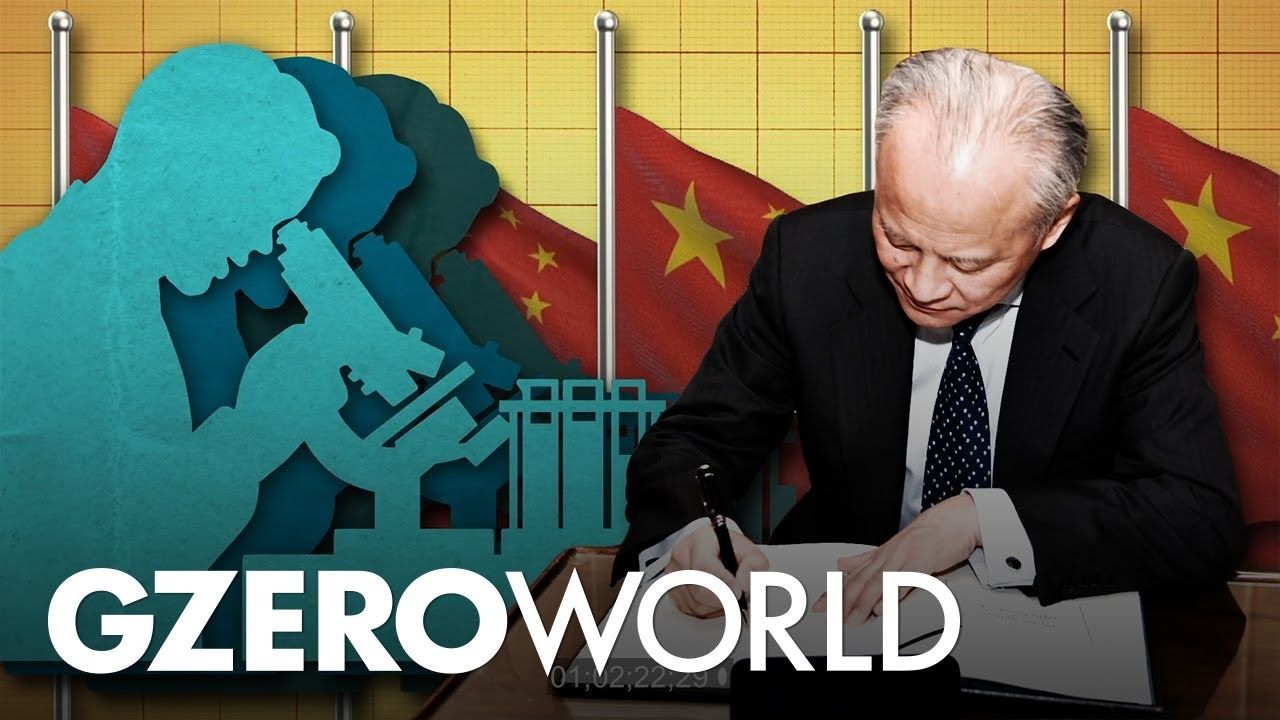Amb. Cui Tiankai on coronavirus aid: "China cannot be safe" until the whole world is safe

Cui Tiankai, China's top diplomat in the U.S., says there is a lack of global coordination in response to the COVID-19 pandemic. While he praises international agencies like the World Health Organization and International Monetary Fund, Cui believes more needs to be done and for a wider swath of impacted nations. China, he says, is poised and ready to lead in aid and relief efforts on a global stage, and he urges the U.S. to also do its part.
The interview is part of a wide-ranging conversation looking back at the origins of the pandemic, the current situation in China, and the state of U.S.–China relations amid this global crisis. GZERO World with Ian Bremmer will devote an upcoming episode to the interview, as well as a look at China's growing importance in the global response to coronavirus. The program begins airing nationally on Friday, April 10, on U.S. public television. Check local listings, and follow GZEROMedia.com for more excerpts throughout the week.